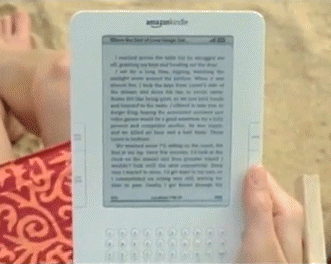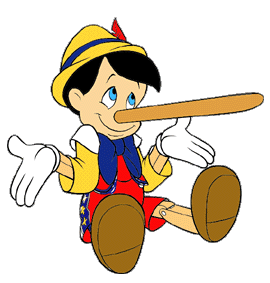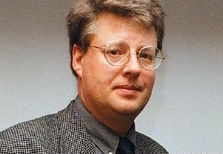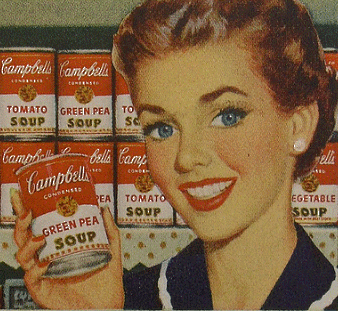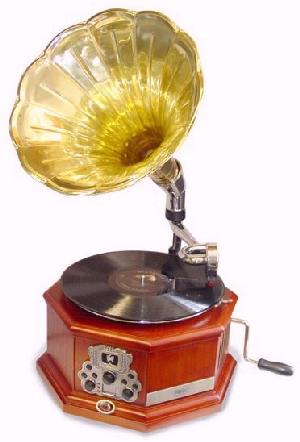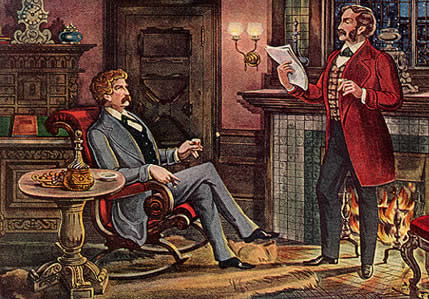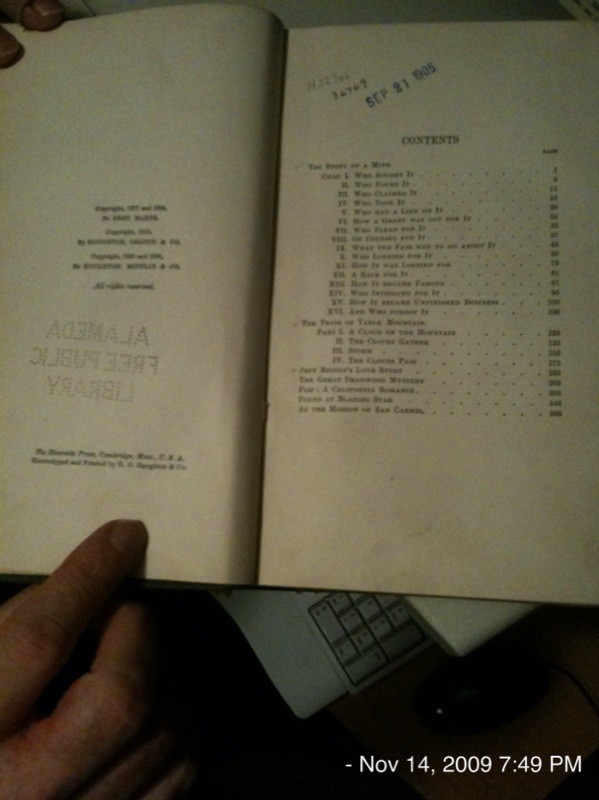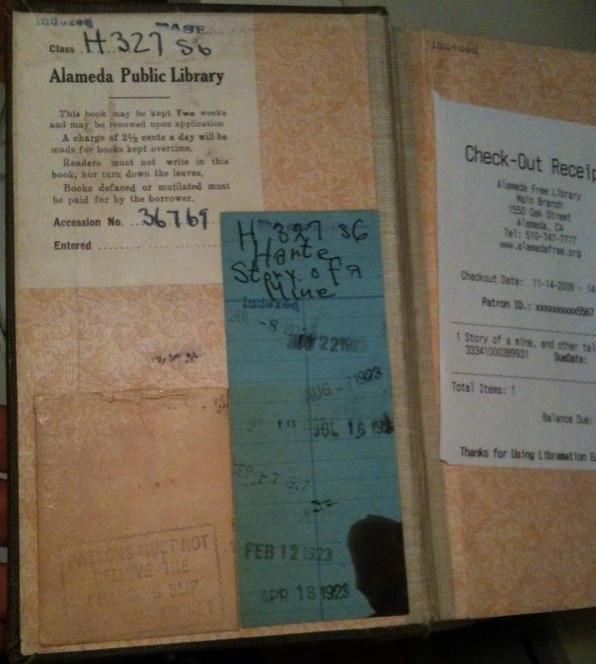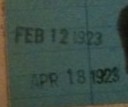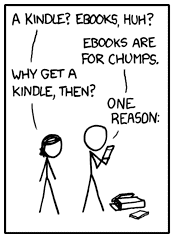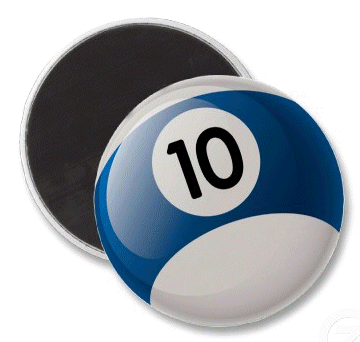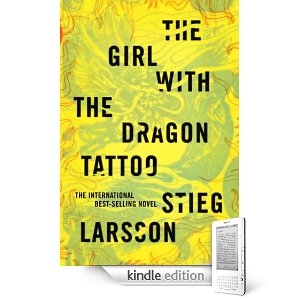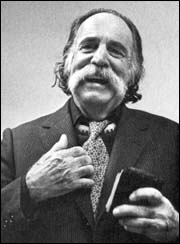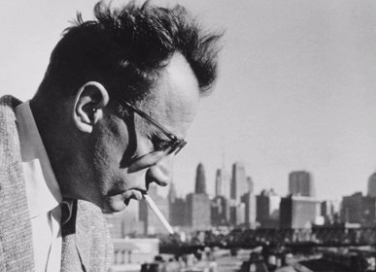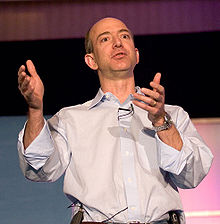
It all started when I’d asked, “Do You Listen to Music on Your Kindle?” A surprising number of people said no. Some were just storing their music on a different device instead. But some people didn’t like to listen to background music at all, preferring instead to read in quiet.
Is there a perfect song that you can play in the background? I was determined to find out what other people were listening to. I asked some more Kindle users, and got some surprising answers. The consensus seemed to be “something mellow,” but people had different ways to avoid disturbing their reading experience…
A woman named Emily discovered that “I’m better off listening to music I’m not familiar with. Any music I know ends up being a distraction for me.” She’s very fussy about what plays in the background, and prefers a specific selection for a quiet night of reading. “The best music I’ve found for my reading is the New Age type music that I don’t listen to any other time… It’s mostly low-key music so it doesn’t get in the way of my reading concentration.”
58-year-old Chris Moyer uses similar music, but for a very different reason. “When I want to read and it is noisy, for example at a hair salon, I put on my headphones and listen to the nature sounds while reading.” She describes herself as a “very happy Kindle owner,” and likes the tracks from a special CD that she’d received after a facial. But she uses some of the same words to describe the music that she listens to: “very new age with nature sounds.”
My favorite response came from a Kindle owner named Don Freeman. “I’ve got some very mellow hammer dulcimer music on my Kindle 2 that works great for background music.” But besides being an exotic form of music, the dulcimer music has another advantage. “It also helps block out those twits on the commuter train that have their iPods up so loud that they don’t even need to wear the earplugs.”
So how would I answer the question? When I first bought my Kindle, I began reading lots of 19th-century novels and American history, so I started out with three inspiring orchestral pieces by Aaron Copland. But then I’d wanted something more contemporary, and added some soft songs by Aimee Mann. Eventually I asked myself what you’d hear in a coffee house, and decided on the hip, retro vocals from the Frank Sinatra era. (There’s a 1965 CD of Sammy Davis Jr. that was recorded with a jazz combo at 2 a.m. in Las Vegas, and it’s got the perfect tinkly late-night piano.) And finally I added in the softest female jazz vocalist I know — Blossom Dearie. (If you remember “Schoolhouse Rock,” she’d sung the “Figure Eight” song, and the one about how she “Unpacked My Adjectives.”)
But sometimes, even I prefer reading in silence.

